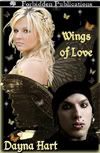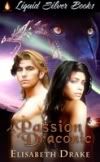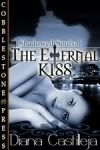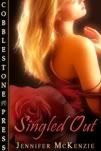SoPic this week
Tuesday, April 17, 2007
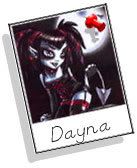 This week is easy:
This week is easy:Give us the definition of "A romance book". Cite examples if you want.
There are no wrong answers :)
This is a tough one to define. In simple terms, it's a snapshot of a relationship whether it's a new relationship or an established relationship. The journey in a romance book is about self growth, often overcoming obstacles to be together.
The moment in "Pride and Prejudice" when Darcy writes a bitter letter of explanation that leads Elizabeth to see she had judged him too harshly. The agony when they're both beginning to work towards an understanding and Elizabeth's family is ruined by the thoughtless conduct of her sister, Lydia. But my favorite scene (other than the first proposal scene, which is brilliant) is when Elizabeth is confronted by Darcy's aunt. In that scene, all the growth the heroine has been through is evidenced in her attitude toward Darcy. As a romance book, it's a fabulous formula that works well.
Personally, I'm a stickler for a happy ending. But even that has a different meaning for different people. For my mom, a happy ending would be marriage. For me, a happy ending means a relationship. For someone else, a happy ending may mean freedom. Who knows?
Also, a happy ending is important to my definition. This could mean they ride off into the sunset and live happily ever after, or they could have a more complex happy for now ending. Either works, but a tragic ending does not work for me.
The way I look at it, chick lit and romance are on the same spectrum. Chick lit is about personal growth to be one with your chi, or whatever. Romance is about personal growth to be one with yourself AND someone (or multiple someones) else. Am I even making sense here or am I babbling? I think I'm babbling.


A Romance Book, huh? Well, I do like happy endings, but if there is a conclusive closure to the relationship, I don't need marriage. Even if there's a distinct indication that is the direction the characters are heading, then it works for me.
What I don't like is a story where there's no tie up, no definitive ending to the emotional growth of the characters.
That being said, a romance book should be about the characters, be it any characters, m/f, m/m... uh.. Dragon/human works for me too, as in Sara Dennis' Dragon Undone.
As Crystal pointed out that could also include multiple characters. My preference is for two. All I ask is for there to be real emotion in the book. Don't lead me on a merry chase of suspense with the story woven around two characters, but not about the characters and call it a romance. It's suspense.
Romance books are for the emotional reader. Feeling what the story portrays and connecting with your character. Most readers are looking for the happy ending, but not all. Some people want to just be in someone else's shoes for a while, to experience feelings that may be two decades buried in a marriage. My opinion (See that, it's mine, no one else's, so don't take offense) is simply this: Romance is about love, meeting the right person, the conflicts that arise from that meeting and then getting through it to be happy. Happy can be in just about any context, as Jen said, even freedom.
You don't see people questioning how scared out of your skin you're suppose to be for a Horror book to be classified as horror, do you?
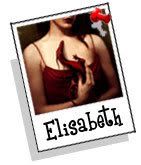 Good question.
Good question.If someone starts raving to me about this "romance" they just read, I'm going to assume they're talking about a genre romance novel. For me, this means a story which is focused on the romantic relationship between the main characters (whether it be straight, gay, menage, or polyamorous) that results in a "happily ever after."
Now, when I say "HEA," I don't mean there has to be a white picket fence 'n all. For some stories, that's the right ending, but it's not fitting for others. In The Twilight Deception, the hero is a vampire assassin, and the heroine is an FBI agent. Both have extreme commitment issues. A "traditional" HEA wouldn't work for them, nor would they for several other plot and character combos.
But there has to be at least some amount of commitment at the end of the story for me, even if it's only, "Let's try this, and see where it goes."
However, if I pick up a book that people are telling me is a romance, and it ends without said romantic commitment -- I'm going to be pissed. I don't mind books where the romantic plots don't end happily, but I like to know about it. In that case, it's a "romantic novel," or a "love story," or "chick lit," or "erotic fiction," etcetera ... not a "romance novel."
Yes, I'm a pissy, particular person, and if I'm looking for chocolate cake, I don't want to be served a fruit basket. Thank you.


